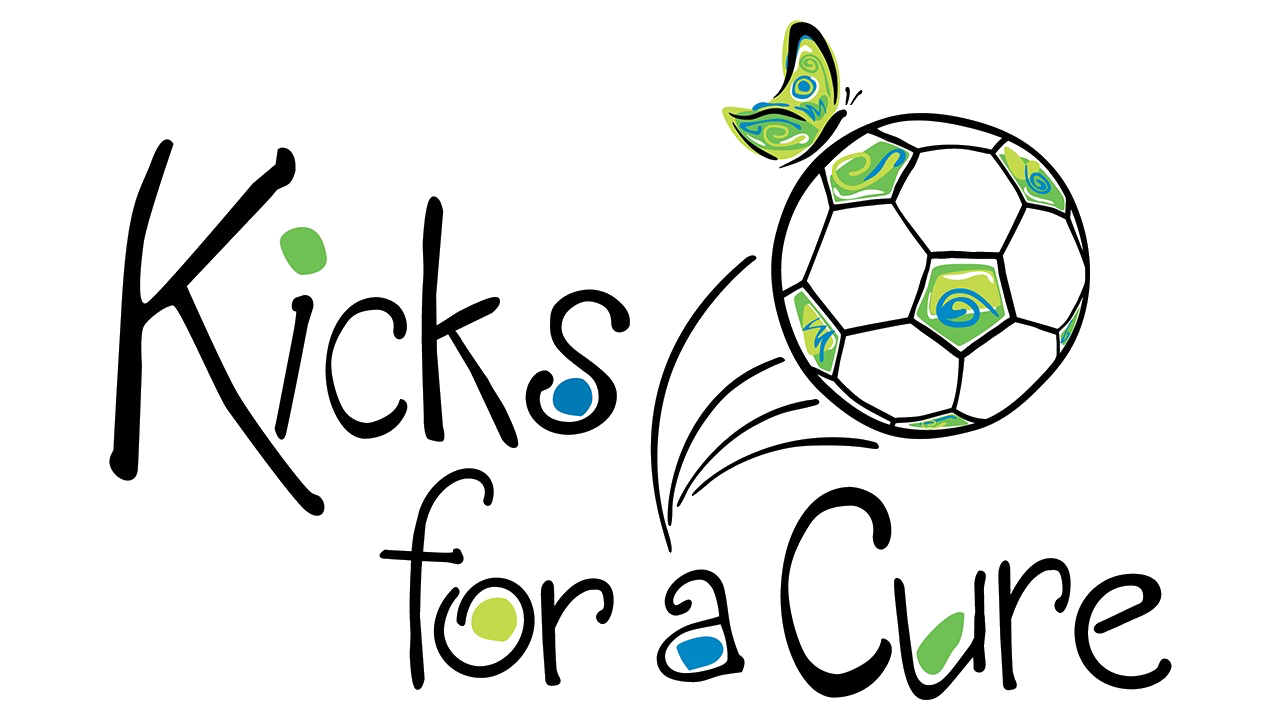
The youngest daughter of the late Liz Karnes, Laurel, at left, plans to be tested for Lynch syndrome. Her other daughters, from left, Kalen, Kara and Korey, have all tested negative.
BY RICK HUGGLES
WORLD-HERALD
STAFF WRITER
If heredity left you with a gene that increased your chances of getting cancer, would you want to know whether you had that gene?
Absolutely, say the daughters of Liz Karnes, who died April 24, 2003, after a 12-year fight with cancer.
Three of the four Karnes daugthers have been tested for Lynch syndrome, which predisposes those who have it to develop colorectal cancer and some other kinds of cancer.
The blood tests of the four Karnes daughters have been tested for Lynch syndrome, which predisposes those who have it to develop colorectal cancer and some other kinds of cancer.
“I just think the more you know, the better it is,” Kalen Karnes, 28, said Saturday.
Medical knowledge and testing have advanced to the point where scientists know that some families have carried Lynch syndrome for many generations.
Lynch syndrome is named after Dr.Henry Lynch, the Creighton University professor of medicine who identified the hereditary problem in the early 1960s.
Medical knowledge and testing have advanced to the point where scientists know that some families have carried Lynch syndrome for many generations.
During Liz Karnes’s fight with cancer, the family eventually came in contact with Lynch, who is now 79 and still heads Creighton’s Hereditary Cancer Institute.
“We didn’t know about him at all before,” said Dave Karnes, an Omaha attorney who represented Nebraska in the U.S.Senate in the late 1980s. Dave and Liz Karnes were married 32 years.
One of Liz Karnes’ relatives had kept an extensive family history that revealed a pattern of deaths by cancer. DNA testing eventually revealed that Karnes and some of her ancestors carried the cancer-causing gene mutation. She was deep into her battle by that time.
“But how wonderful that could have been if this had been tested before” her mother became ill, Kalen Karnes said.
The Karnes family said Liz’s back pain initially was misdiagnosed but proved to be a symptom of her ovarian tumor. Had Liz Karnes known before her bout with cancer that she had the predisposition to it, her doctors would have been more likely to tie the back pain to cancer, the Karneses said. Or she would have gotten a second opinioin, said Dave Karnes.
Lynch, who speaks about hereditary cancer and holds clinics worldwide, said increasing numbers of people are being tested for the gene.
If the test reveals the presence of the gene, intensive screening, monitoring and management can occur,Lynch said. Some women who carry the gene choose, for instance, to have a hysterectomy as a precaution.
Lynch became Liz Karnes’ friend during her cancer battle. She wanted her daughters to be tested as lon as that was what they wanted, he said.
“She was so concerned, not about herself but about her family, and I’ll never forget it as long as I live, so help me God,” he said Saturday.
Karnes family members have committed themselves to supporting cancer research and education. The second Kicks for a Cure, a high school and college soccer tournament in Omaha, will be held April 21, with a banquet the evening before.
The tournament is a benefit for Liz’s Legacy, a fund to advance cancer research in Liz Karne’s honor. Last year’s tournament raised $ 107,000 which was split between Lynch’s Hereditary Cancer Institute and the Fred & Pamela Buffett Cancer Center.
“We know lives are going to be saved,” Dave Karnes said.
Carrying the gene mutation significantly increases a person’s chances of developing colorectal cancer and some other forms, such as stomach, ovarian and pancreatic cancer. And not carrying the gene provides no guarantee that a person will not develop those kinds of cancers.
Lynch said before the test is done, the individual should be found at high risk of having the gene through an evaluation of the person’s family history. Counseling also is necessary, he said, to determine whether a person is psychologically capable of accepting that he is a carrier of the mutation.
The Karnes daughters decided it was best to know so they could be extremely vigilant. Kara and Kalen Karnes said they are vigilant anyway about informing their physicians that there is a history of cancer in the famliy.

